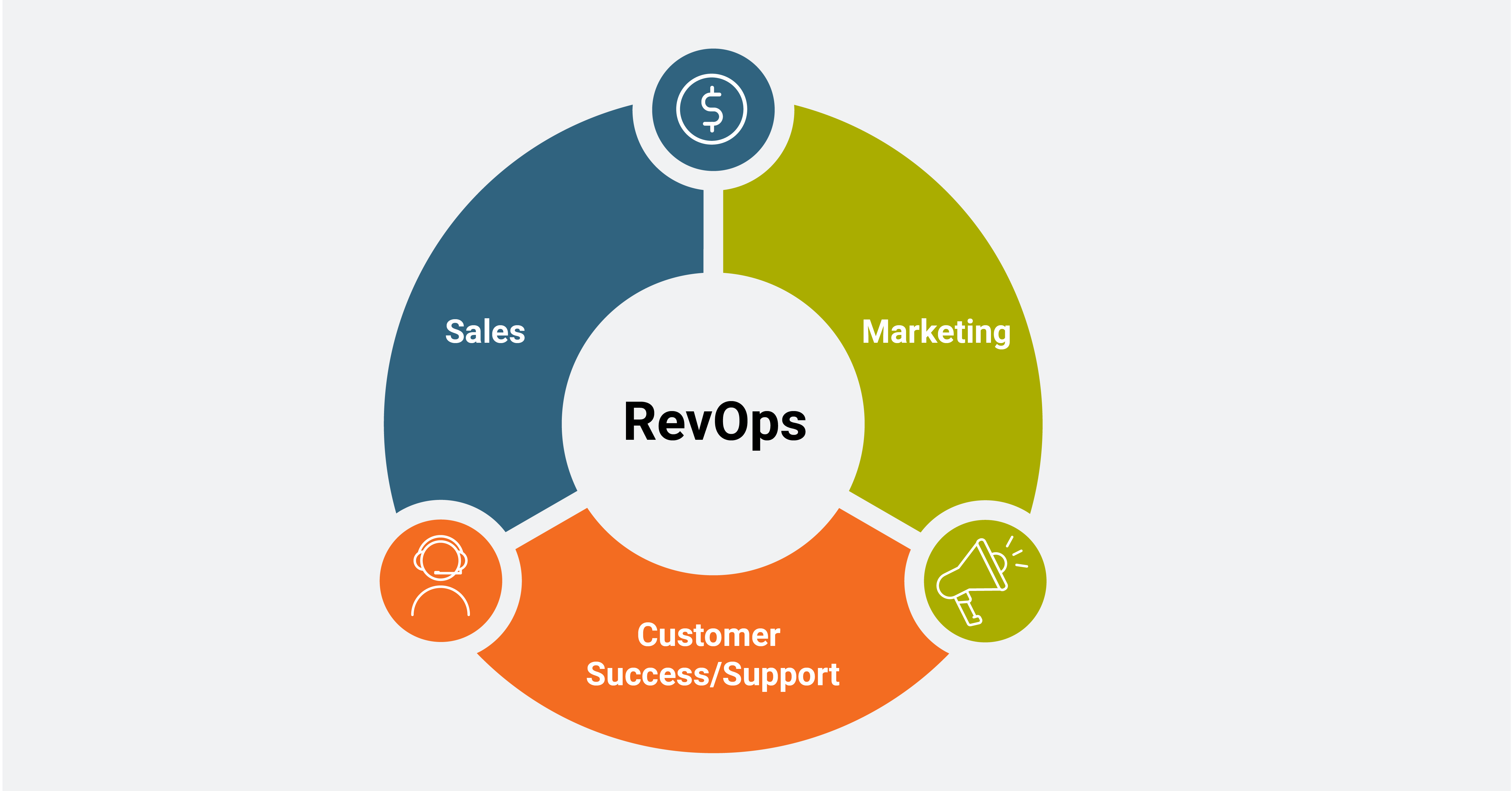Whether to buy CRM stock often boils down to how an investor views two fundamental trends. One, rising corporate spending on digital transformation projects. And, two, Salesforce.com‘s (CRM) penchant to make big acquisitions, such as Slack Technologies (WORK).
Salesforce stock reports first quarter earnings on May 27. Software stocks perked up in the third week of April. But they then sold off despite strong results from a number of companies as the market oscillated from growth vs. value assets, Cowen analyst J. Derrick Wood said in a note to clients.
Amid growing competition with Microsoft (MSFT), Salesforce agreed to pay $27.7 billion for workplace collaboration software maker Slack Technologies (WORK) on Dec. 1. That marked a 55% premium to Slack’s closing price on Nov. 24, before reports of the deal surfaced.
CRM stock sold off in late February on weaker-than-expected fiscal 2022 profit and free cash flow guidance amid the acquisitions of Slack and Acumen. Since the Slack deal was announced on Dec. 1, Salesforce stock has underperformed the Nasdaq Composite amid worries over operating margins.
At an investor day on Dec. 8, Salesforce said it aims to double revenue to $50 billion by 2026, including a $4 billion contribution from Slack. At the same time, Salesforce stock lowered its organic revenue growth target to 19% from 20% over the next four years.
Salesforce Stock Joins Dow Jones Industrial Average
Amid the coronavirus pandemic, demand for next-generation collaboration and productivity tools has increased. In addition, many companies aim to automate operations and track key business metrics in order to support employees working from home.
One view is that spending on digital transformation projects will continue to be strong when the Covid-19 emergency eases. Such projects turn paperwork into electronic records and automate business workflows. More companies are investing in business analytics/artificial intelligence tools that scrub customer data.
On Aug. 31 CRM stock was added to the Dow Jones Industrial Average. Further, Salesforce stock replaced Exxon Mobil (XOM) in the 30-stock benchmark.
Meanwhile, CRM stock recently was added to the IBD Long Term Leaders list.
Also, the bar keeps rising when investors look at Salesforce’s “biggest acquisition ever.” Its purchase of Exact Target in 2013 was followed by e-commerce platform Demandware in 2016, and MuleSoft in 2018. Then Salesforce ponied up $15.7 billion in an all-stock deal to buy data analytics firm Tableau Software last year.
Then came the Slack deal.
The acquisition spree has pressured CRM stock. Further, the deals raised questions over Salesforce’s organic growth.
The upbeat view is that acquisitions have enabled Salesforce to expand from its roots in customer relationship management software into marketing, e-commerce and other markets.
CRM Stock: Core Business Strength An Issue
Salesforce is one of many big-cap tech stocks to watch. Started in 1999, Salesforce went public in 2004. Salesforce founder and Co-Chief Executive Marc Benioff worked at Oracle for 13 years before he left to start the software company.
Microsoft’s Dynamics has gained traction as a lower-priced alternative to Salesforce tools, some analysts say. In addition, Microsoft is putting more salespeople behind the Dynamics business.
Also, Salesforce has been a fierce rival of Oracle (ORCL). Competition with Adobe Systems (ADBE), the digital media and marketing software firm, has been rising.
Newer rivals include Zendesk (ZEN) and HubSpot (HUBS). And, Twilio (TWLO) has jumped into customer relationship management with an acquisition.
Further, Salesforce software helps businesses organize and handle sales operations and customer relationships as they undergo digital transformation.
San Francisco-based Salesforce sells software under a subscription model. The customers of software-as-a-service, or SaaS, companies like Salesforce purchase renewable subscriptions, rather than one-time software licenses. Customers receive automatic software updates via the web.
Also, the company spends about 14% of revenue on research and development, relatively high for a software company. Increased hiring and wage inflation for software engineers also have been a headwind to margin growth.
Salesforce Stock: Fundamental Analysis
Excluding investment gains of 22 cents per share, Salesforce reported January-quarter earnings of 82 cents a share, up 24% from a year earlier on an adjusted basis. Revenue climbed 20% to $5.82 billion.
Analysts expected Salesforce to report earnings of 75 cents on sales of $5.68 billion.
The enterprise software maker said current remaining performance obligations, or CRPO bookings, ended 2020 at $18 billion, up 20%, vs. estimates of $17.4 billion. Meanwhile, CRPO bookings are an aggregate of deferred revenue and order backlog.
For the current quarter ending in April, the enterprise-software maker expects revenue of $5.88 billion at the midpoint of guidance vs. estimates of $5.72 billion.
The company forecast earnings in a range of 88 cents to 89 cents a share. Analysts had projected a profit of 76 cents a share.
For full-year fiscal 2022, Salesforce projected earnings of $3.40 a share, below estimates of $3.46. Salesforce said it expects free cash flow growth in a range of 10% to 11%, missing analyst estimates of 17%.
Salesforce Builds Artificial Intelligence Platform
One technology that Salesforce hopes will drive more revenue is artificial intelligence. The enterprise software maker introduced its “Einstein” AI software cloud platform in September 2016. The first Einstein AI software tools helped salespeople predict which deals are most likely to close based on a company’s historical lead and account data.
In addition, Salesforce has integrated AI tools into other enterprise software offerings over the past three years, targeting industries such as financial services in digital transformation. Einstein AI primarily works via chat bots.
Salesforce in 2019 agreed to buy data analytics firm Tableau for $15.7 billion in an all-stock deal. Tableau provides data visualization software. In addition, it enables customers to build databases, graphs and maps using time series analytics, a technique that analyzes a series of data points ordered in time.
Also, Salesforce expects synergy between its Einstein artificial intelligence tools and Tableau’s business intelligence software.
In early October, Salesforce announced that it would rebrand Einstein Analytics as Tableau CRM.
In 2018, Salesforce bought MuleSoft for $6.5 billion in cash and stock. MuleSoft’s software automates the integration of new tools with legacy enterprise platforms and speeds application development.
Meanwhile, Salesforce spent $4.6 billion on acquisitions in 2016. They included e-commerce platform Demandware.
E-commerce has boomed amid the coronavirus pandemic. The shift to online shopping has provided a lift to Salesforce’s “Commerce Cloud,” which has its roots in the Demandware purchase.
Furthermore, Salesforce’s $2.5 billion purchase of Exact Target in 2013 jump-started its move into marketing software.
Bullish analysts say Salesforce AI’s tools, plus Tableau, plus MuleSoft will make a powerful combination for digital transformation projects.
CRM Stock: Technical Analysis
Further, Salesforce aims to partner with IT services firms such as Accenture (ACN) to add customers. Despite U.S.-China trade tensions, Salesforce in July added Alibaba Group (BABA) as a sales channel partner in China.
In cloud computing, Salesforce has partnered with Google for data analytics. In addition, Salesforce has expanded its venture capital investing.
According to IBD Stock Checkup, CRM stock currently has a Relative Strength Rating of only 20 out of a possible 99. The best stocks tend to have ratings of 80 and above.
In addition, CRM stock has an Accumulation/Distribution Rating of C. The rating analyzes price and volume changes in a stock over the past 13 weeks of trading. The rating, on an A+ to E scale, measures institutional buying and selling in a stock. A+ signifies heavy institutional buying; E means heavy selling. Think of the C grade as neutral.
Is Salesforce Stock A Buy?
Salesforce stock stock took a big hit in March 2020 like other software companies as Covid-19 spread globally. Shares hit an intraday low of 115.29 on March 18, a correction of roughly 40%. And like other technology stocks, Salesforce rebounded over the summer.
In October and early November, Salesforce stock formed a double-bottom chart pattern. More recently, Salesforce stock consolidated as software growth stocks cooled off.
Salesforce recently named Chief Legal Officer Amy Weaver as its new chief financial officer and president. Weaver’s commentary on operating margin trends will be closely watched by analysts. CRM stock reports first quarter earnings in late May.
Also, the Slack deal is set to close in Salesforce’s July 2021 quarter.
As of May 10, CRM stock trades well below a proper entry point of 271.02 and is not in a buy zone.
“History suggests investors should be getting more aggressive on Salesforce to play the post-M&A bounce-back now,” Morgan Stanley analyst Keith Weiss said in a recent note to clients. “While the data looks compelling, this time may be different given dynamics around deal price and management credibility.”
Follow Reinhardt Krause on Twitter @reinhardtk_tech for updates on artificial intelligence, cybersecurity and 5G wireless.
YOU MAY ALSO LIKE:
IBD Live: A New Tool For Daily Stock Market Analysis
Find Compelling Growth Stocks With IBD’s Stock Of The Day
View Breakout Stocks & Technical Analysis
Best Growth Stocks To Buy And Watch: See Updates To IBD Stock Lists




